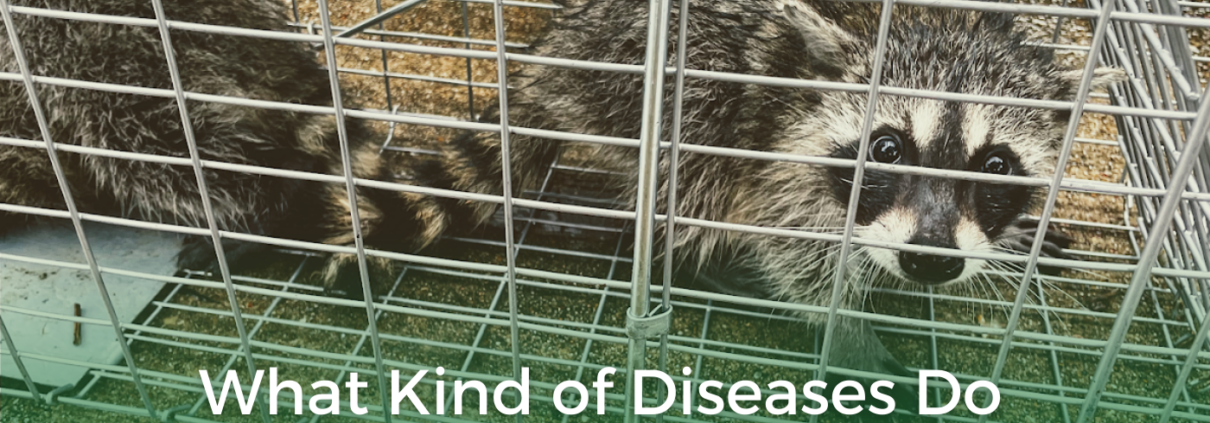Raccoons are often perceived as harmless, even cute, creatures that roam our neighborhoods under the cover of night. However, their adorable appearance belies a potential health risk to humans and pets. Raccoons are carriers of various diseases, some of which can have serious health implications.
This blog post aims to shed light on the types of diseases carried by raccoons and underscore the importance of raccoon control in preventing the spread of these diseases.
The Health Risks Posed by Raccoons
Rabies: A Deadly Virus
Rabies is perhaps the most well-known disease associated with raccoons. This viral disease affects the central nervous system, leading to death if left untreated. Raccoons are among the primary wildlife reservoirs for rabies in the United States, posing a significant risk to humans and pets who may come into contact with them.
Leptospirosis: A Bacterial Infection
Leptospirosis is caused by bacteria that raccoons can carry in their urine. Humans and animals can contract the disease through direct contact with contaminated water or soil. Symptoms vary widely, from mild flu-like symptoms to severe illness, including liver and kidney damage.
Roundworm: A Parasitic Threat
Raccoons are common hosts for the roundworm Baylisascaris procyonis. Humans can become infected through ingesting roundworm eggs, which may be found in raccoon feces. Infection can lead to serious health issues, such as damage to organs and blindness, particularly in young children.
Other Diseases and Parasites
Raccoons also carry other diseases, such as Giardiasis, a parasitic infection that causes gastrointestinal symptoms, and Salmonella, a bacterial infection that can lead to diarrhea, fever, and abdominal cramps. Their role as carriers of ticks, fleas, and mites further increases the potential for disease transmission to humans and pets.
Effective Raccoon Control Measures
Securing Food Sources
One of the most effective ways to deter raccoons is by securing food sources. Ensuring that garbage cans have tight-fitting lids and keeping pet food indoors can significantly reduce the likelihood of raccoons visiting your property.
Habitat Modification
Modifying the habitat around your home can also discourage raccoons from taking up residence. This includes trimming tree branches that may provide access to rooftops and sealing entry points to attics and crawl spaces where raccoons could nest.
Professional Raccoon Control
In cases where raccoons have become a persistent problem, professional raccoon control services may be necessary. These experts can safely and humanely remove raccoons from your property and provide advice on preventing future infestations.
Safeguarding Health: The Importance of Raccoon Prevention and Control
While raccoons might appear as harmless visitors of the night, they carry a range of diseases that can significantly impact human and pet health. Recognizing the diseases associated with these animals and taking steps towards effective prevention and control is essential for safeguarding our well-being. Implementing strategies to deter raccoons from our properties, such as securing food sources and modifying habitats, is vital. However, when these creatures become persistent visitors, professional intervention becomes necessary.
This is where Humane Wildlife Control Specialists come in. Our team is dedicated to providing safe, effective, and humane solutions to your raccoon problems. We understand the importance of coexisting with wildlife and offer services that not only remove these animals from your property but also prevent their return, ensuring your home remains a safe environment free from the health risks associated with raccoons.
Contact Humane Wildlife Control Specialists today for expert advice and solutions tailored to your specific needs. Let’s work together to protect your home, family, and pets from the dangers raccoons pose.



